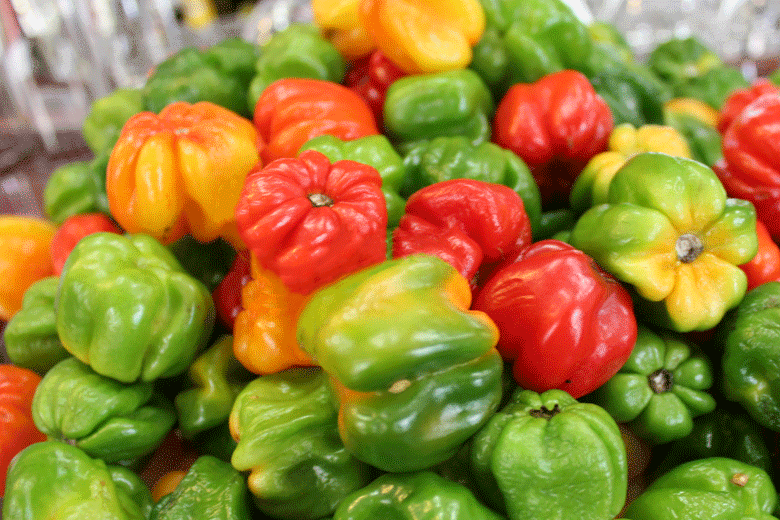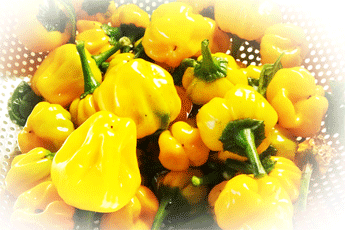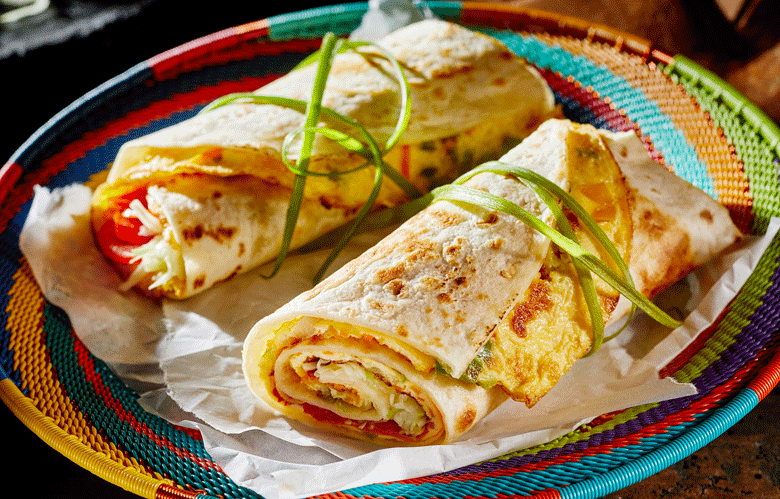 African influence on other cuisine
African influence on other cuisine
Many people might not associate Chillies with Africa. In fact, Chillies and Africa are irrevocably linked through the history of the continent, its people, and the type of cuisine eaten there. From South Africa, right through into Central Africa, East, and West Africa, you will find Chillies being used in everyday cooking. Be it curries in Durban, South Africa, Rolexes in Uganda or Frango Piri- Piri in Angola, Chillies can be found in Africa in all their glory
One particularly unpleasant part of the continent’s history resulted in the Africans’ love of Chillies spreading far beyond its borders. This was a consequence of the slave trade. During this awful era, millions of Africans were forcibly removed from their homelands and coerced into working as slaves. They were transported from Africa by sea (or by crossing the Sahara desert to North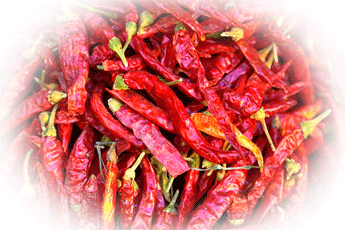 Africa) and then on to Europe, the Caribbean, the USA, and South America.
Africa) and then on to Europe, the Caribbean, the USA, and South America.
In the Caribbean and South America, slavery would probably have meant working as labourers on sugar cane plantations. In the American South, it could have involved toiling in the fields of tobacco farmers, working in rice plantations, harvesting cotton or as domestic servants. In Europe, the enslaved people would have been put to work as domestic servants, cooks, or labourers in agriculture.
The Portuguese were one of the first to participate in the slave trade in Africa, but the English, French, Dutch, Spanish, and Danish soon followed them. These slave traders kidnapped their slaves mainly from West African countries, like the modern-day Senegal and Benin, Ghana, Sierra Leone, Nigeria, Cameroon, and Angola, and then sold to work as unpaid labourers at the beck and call of their masters
The influence these enslaved people had on the cuisines of the countries they were sent to is truly amazing. It is a powerful legacy from that terrible time that is thankfully here to stay. Dishes like Jerk pork from Jamaica, Feijoada from Brazil, and barbequed hog from the American South all carry the hallmarks of cuisine that has its origin in the cooking of enslaved peslaves from Africa. And what fine cooking this is!

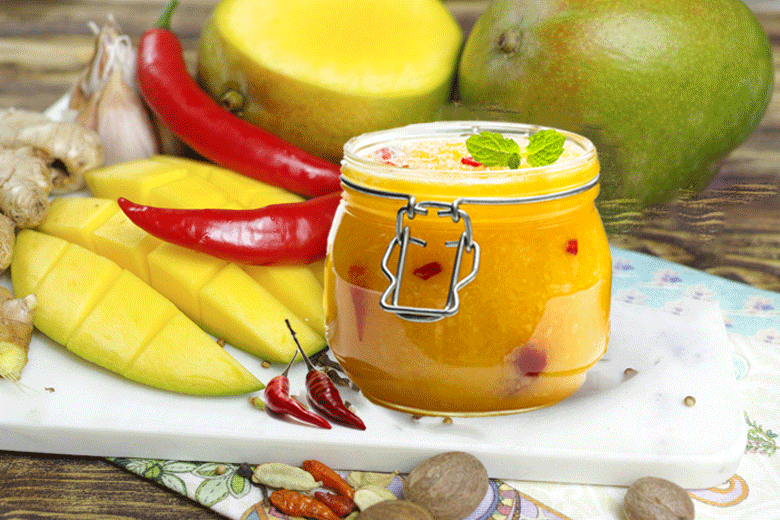

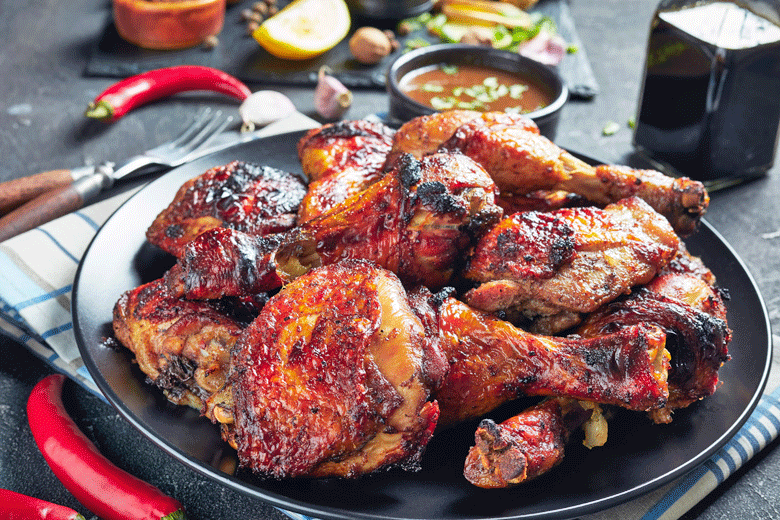 Fusion food
Fusion food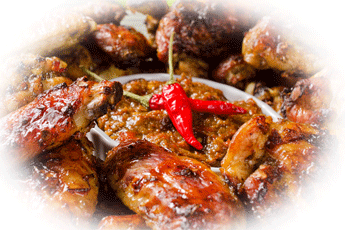 cinnamon, and nutmeg.
cinnamon, and nutmeg.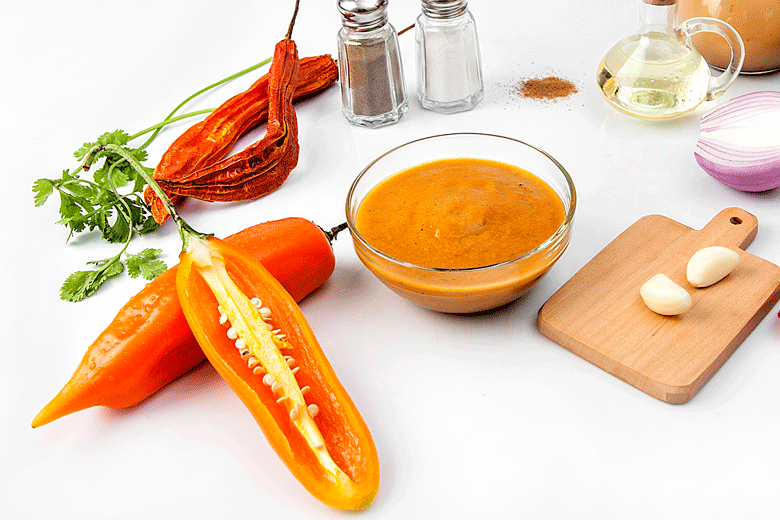
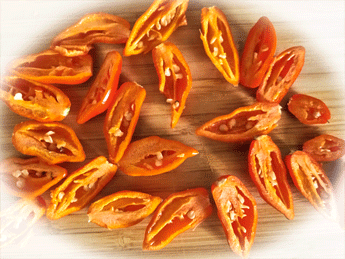 season
season

